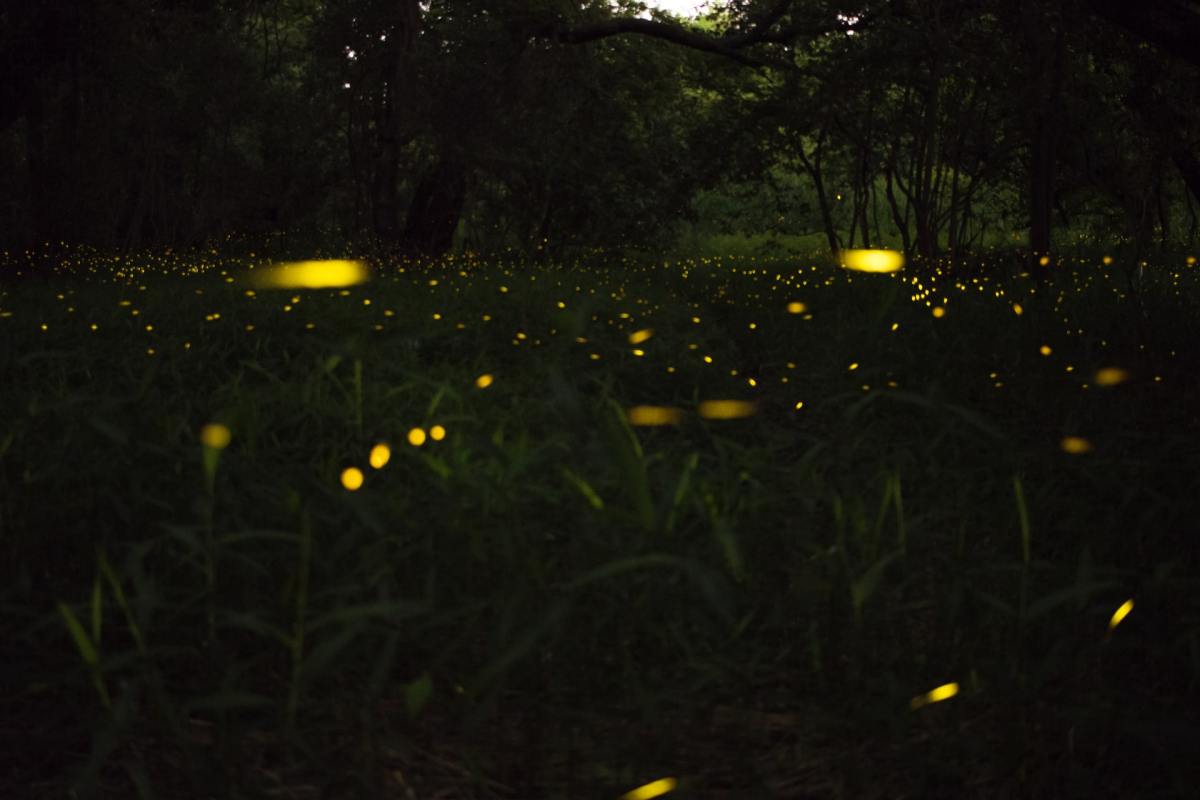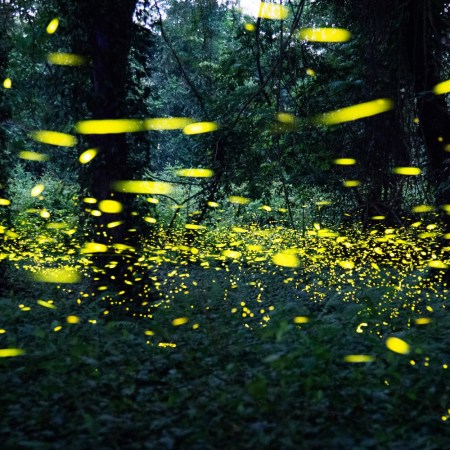If you’re in a rural space, nothing quite says summer nights like watching fireflies in flight, their lights visible as the night slowly gets darker. In a park or yard, the sight of fireflies can be a wistful sign of the season. When a large group of fireflies gets together, though, the result is something more – and massive groups of fireflies have attracted tourists to locations in Mexico and the United States.
In the Great Smoky Mountains live a particularly unique species of fireflies — photinus carolinus, which are known for their ability to synchronize their lights. If the idea of watching a massive group of fireflies blinking in unison sounds enticing to you, you’re not alone.
Where things get tricky, however, is finding a balance between the visitors who want to take in the sight of these bugs and the potential danger they pose to the ecosystem in which the fireflies thrive. At Atlas Obscura, Joanna Thompson delved into the complex issues surrounding firefly tourism in the Great Smoky Mountains and elsewhere.
Thompson’s article points out that the fireflies’ display attracts thousands of people to the region every June. The disruptive effects of visitors — which can include crushing some of the same bugs tourists came to see — is what prompted the National Parks Service to implement a ticket lottery program. Entering it costs $1; the article cites 1,800 winners out of 30,000 participants.
It’s not surprising that people would want to take in a sight like these fireflies; it’s also not surprising that the fireflies have advocates for their protection. As with many places where ecology and tourism converge, it’s a case that illustrates the challenges of finding the proper balance.
Thanks for reading InsideHook. Sign up for our daily newsletter and be in the know.













